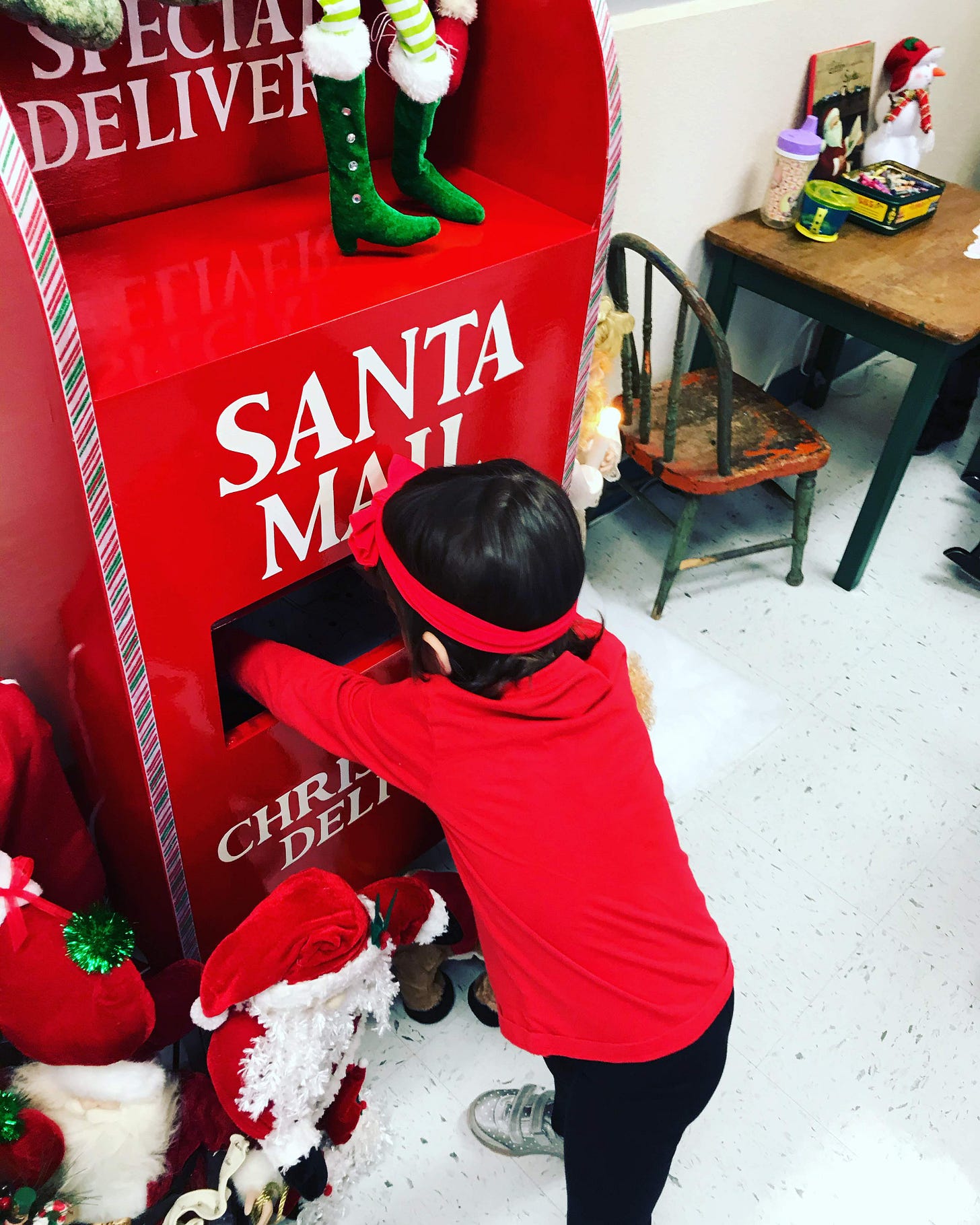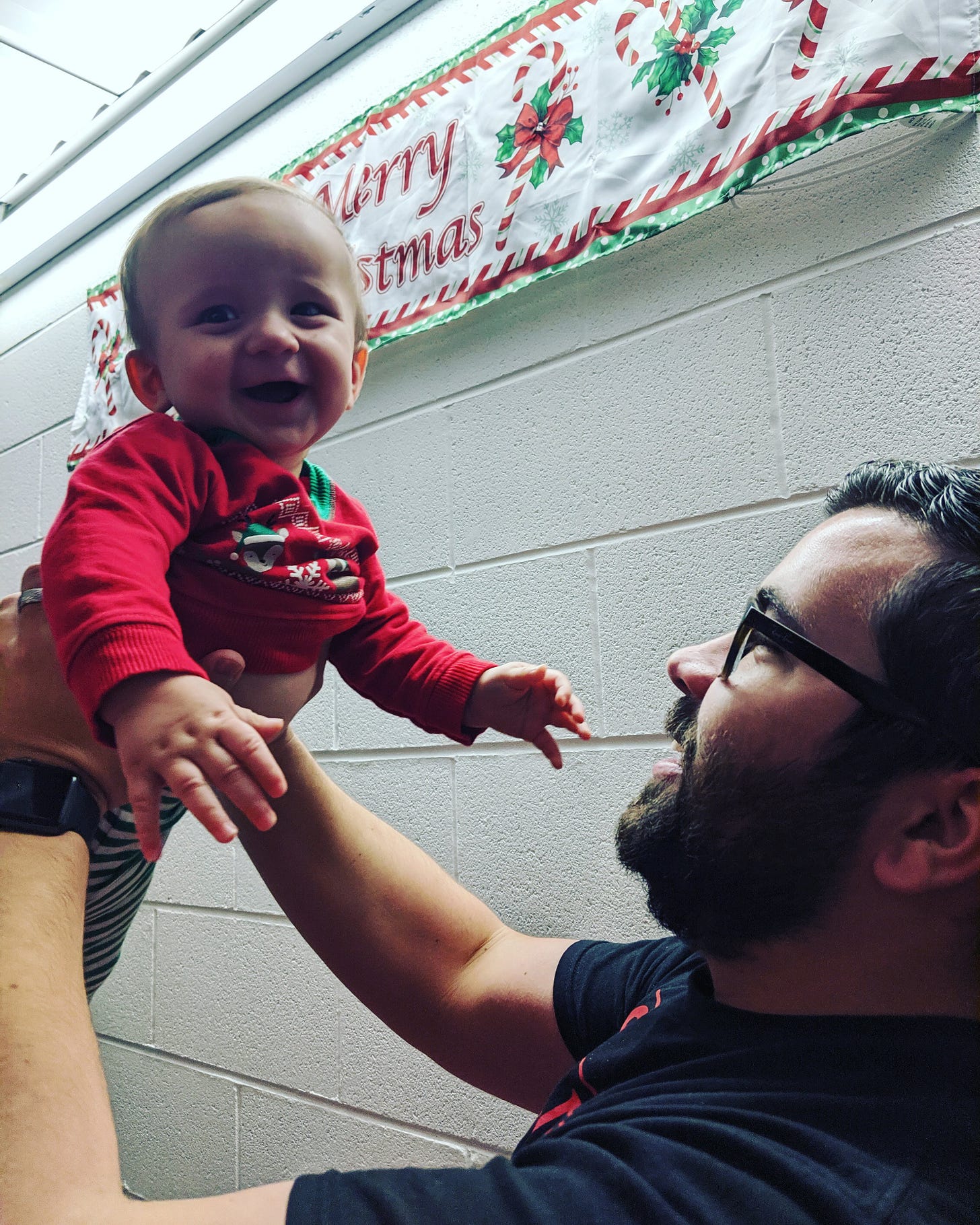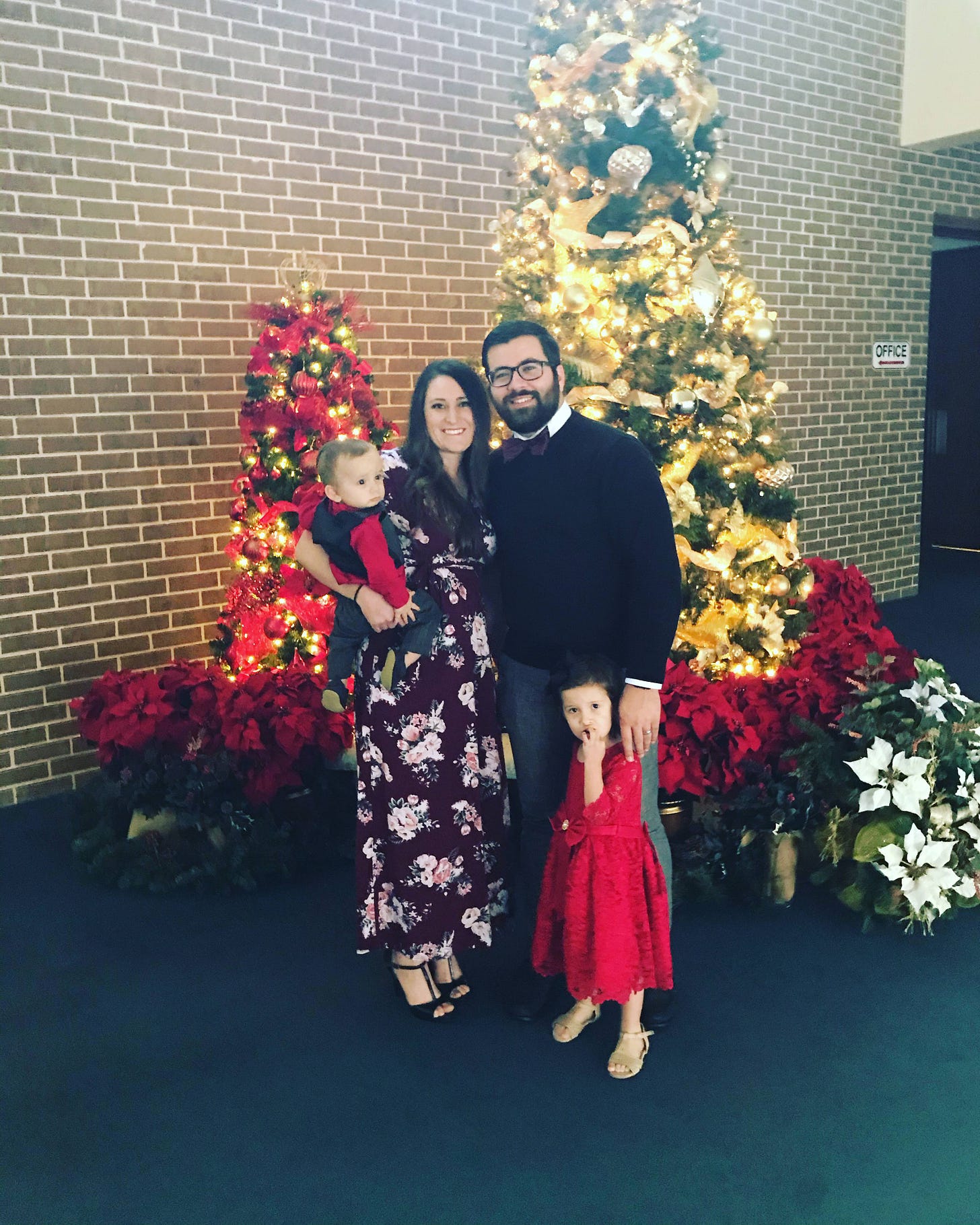Home for the holidays.
In the midst of all the tradition and commercialization Christmas has become known for, the church has a better message.
My wife and I just got back from some early Christmas travels to Texas. It was so enjoyable to spend quality time with the in-laws and nieces — even more so to watch them compete for my son’s attention and to see my daughter run around like a banshee with them. There are few things better than watching kids just play. She nearly brought tears to my eyes when we had to say goodbye. “Cousins,” she bawled, “I want to play with cousins!” She wailed that sentiment for quite a while as we drove to the airport. Needless to say, we had a good time. But even still, despite the frigid weather here in Pennsylvania, it’s good to be home.
I’ve always been a “home-body.” I get that from my dad’s side of the family. As much appeal as traveling to some far-off locale might have, it’s always the idea of such a trip that holds more appeal than actually embarking on such a journey. I’d much rather stay home, play with my kids, spend time with my wife, read a good book, or watch a good movie. That might sound boring to you but it’s an ideal evening for me.
Movies have always been a favorite pastime for me, especially this time of year. Every year growing up, movies were a tradition in our household. I looked forward to every Christmas Eve when we would cozy up on the couches and gather around to watch both Jimmy Stewart’s It’s A Wonderful Life and George C. Scott’s A Christmas Carol back-to-back before heading to bed. My siblings and I would never really sleep afterward either because we would be too elated for the presents to come in the morning. But what has stuck with me now that I have a family of my own isn’t all the presents my parents gave me through the years. Rather, it’s those times of sitting together watching incredible Christmas stories. Both movies still hold special places in my heart.
Thinking about that tradition has me thinking about the traditions my wife and I hope to establish in our own family. This year marks the first Christmas since we got married we won’t be traveling to either of our parents’ abodes for the holidays. It’s our first Christmas with just us. Which has me asking, What do I want my kids to know about Christmas? What do I want them to grow up learning, remembering, and anticipating? You might think that that doesn’t really matter yet since they’re still too young. But even (and I’d say especially) now, they are impressionable — and I hope to leave them impressed with what really matters during the Christmas season.
That is to say, in the middle of drinking eggnog and decorating trees and looking at festive lights and opening poorly wrapped presents, I hope to chiefly impress them with God’s incredible grace, most clearly seen in the unspeakable gift of his Son given to us and for us. A gift that is given irrespective of merit, regardless of ranking on the “naughty or nice” list. A gift that is just given.
I love Christmastime. I love what it means and what it brings. I love the inherent magic this season holds. But the real magic, the deeper miracle of Christmas lies in the uncanny fact that God himself came down. “Christmas celebrates not merely the birth of a man,” writes Alexander Maclaren, “but the Incarnation of a God” (143). The Creator of all condescended to the lowest of all for you and for me. The One who is the essence of all divinity and infinity chose to confine himself in the body and blood of mankind.
In the midst of all the tradition and commercialization Christmas has become known for, the church has a better message, the best message of all, in fact: that God himself has come to be “good for goodness sake” for us. That’s worth celebrating.
Thanks be unto God for his unspeakable gift. (2 Cor. 9:15)
Merry Christmas!
Works cited:
Alexander Maclaren, II Timothy, Titus, Philemon & Hebrews (New York: Armstrong & Son, 1910).









